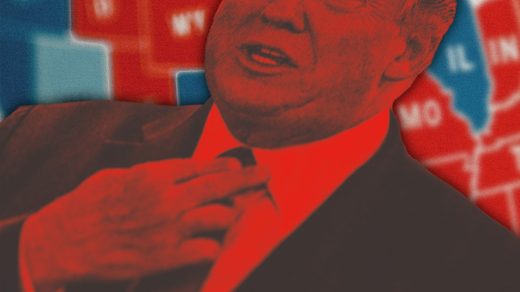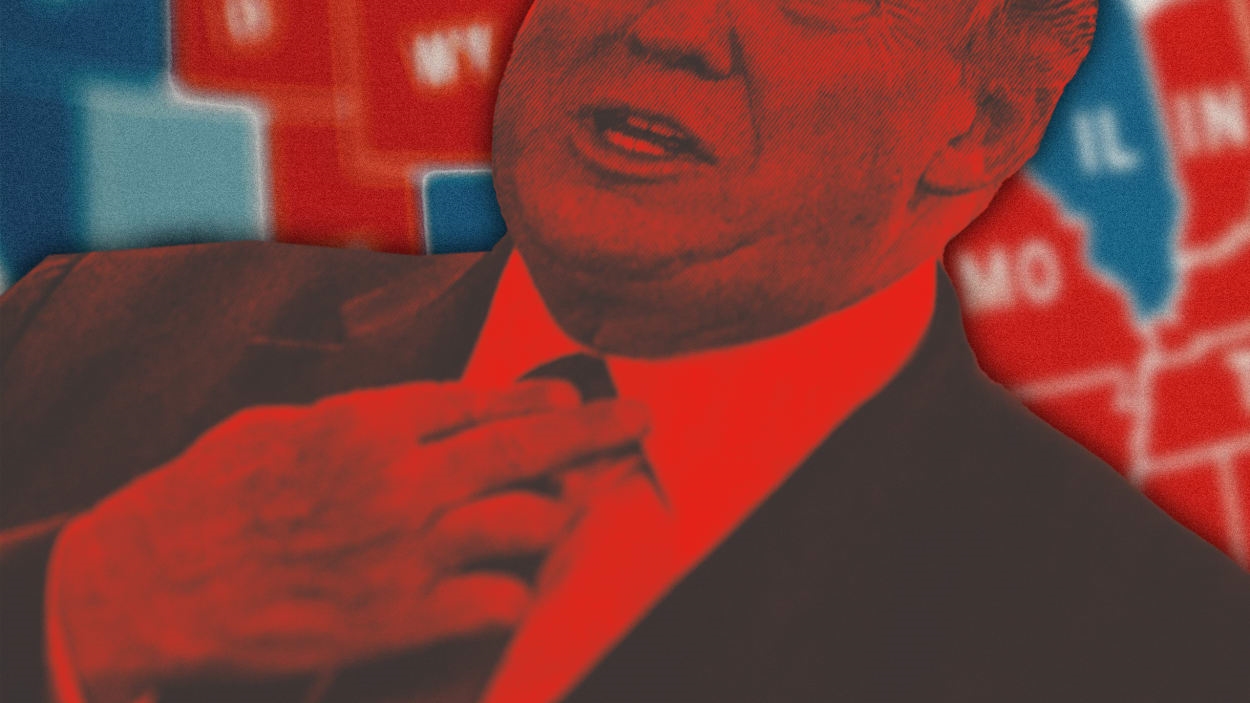YouTube says it will stop removing false claims about past elections
By Sarah Bregel
YouTube has decided to stop fighting election denialism. On Friday, the site announced it will stop removing videos containing misinformation about the results of the 2020 U.S. presidential election. The move is a stark reversal of its election integrity policy, which was instituted in December 2020, after enough states had certified the election results.
In a statement on the company’s blog, YouTube claimed that leaving the policy in place “could have the unintended effect of curtailing political speech without meaningfully reducing the risk of violence or other real-world harm.”
The statement continued, “Two years, tens of thousands of video removals, and one election cycle later, we recognized it was time to reevaluate the effects of this policy in today’s changed landscape.” YouTube also stated that with a new election on the horizon, it will no longer remove content “that advances false claims that widespread fraud, errors, or glitches occurred in the 2020 and other past U.S. Presidential elections.”
YouTube said it would still keep some controls in place for future elections. “All of our election misinformation policies remain in place, including those that disallow content aiming to mislead voters about the time, place, means, or eligibility requirements for voting; false claims that could materially discourage voting, including those disputing the validity of voting by mail; and content that encourages others to interfere with democratic processes,” the blog post noted, adding,
“The rest of our policies continue to apply to everyone on YouTube, for all types of content, including elections. This includes policies against hate speech, harassment, and incitement to violence.”
In spite of there being no solid evidence pointing to widespread election fraud, according to a 2023 CNN poll, only 37% of Republican-leaning voters acknowledge that the election was legitimate. With misinformation already spreading so easily across social media, and 2024 campaigns starting to heat up, social media companies appear to be pulling back in the fight against misinformation. Both Meta and Twitter have recently laid off many employees who were tasked with combating misinformation and hate speech on their platforms.
The explosion of misinformation via social media is contributing to a growing lack of confidence in democracy and the electoral process. In a 2022 CNN poll, 56% of respondents said they had “little or no confidence” that our elections truly represent the people.
(8)



